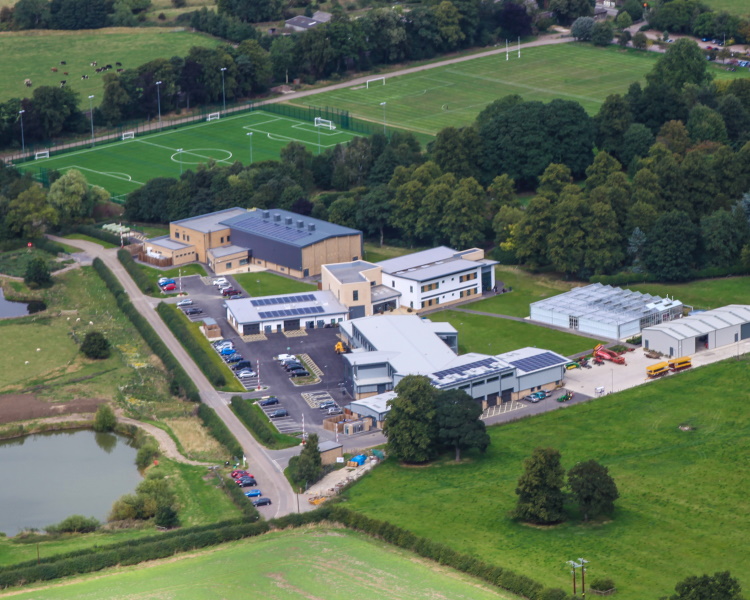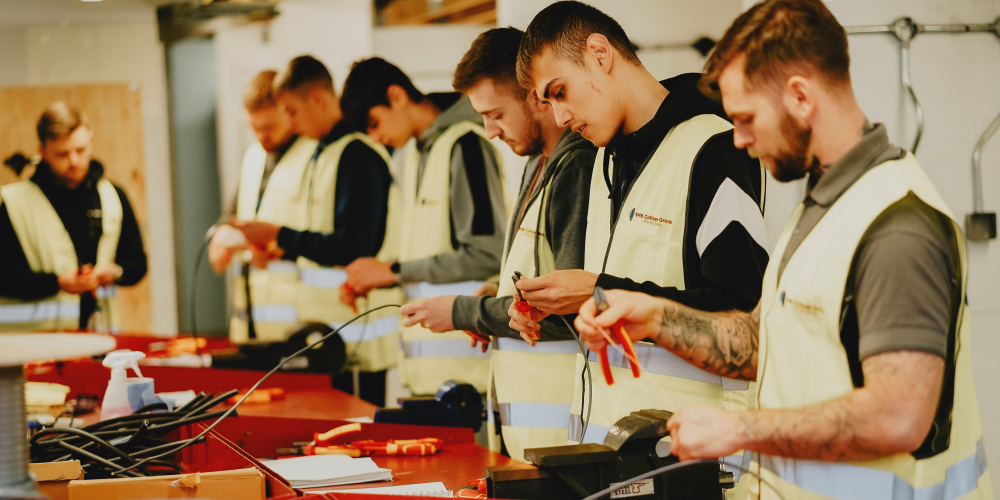These products, assemblies and systems affect all of our daily lives, such as cars, energy, food, medical equipment, and more. This requires the application of a broad range of activities including the interpretation of Engineering drawings and technical instructions and the use of hand, machine and automated tools and measuring equipment.
Technicians must comply with applicable legislation and organisational safety requirements and be expected to work both individually and as part of a manufacturing team. They will be proactive in finding solutions to problems and identifying ways to improve. They will be expected to test and adjust the systems they have built or maintained ensuring tooling, jigs, fixtures and assemblies meet the required specification. This requires the application of a broad range of skills, knowledge and occupational behaviours across a range of engineering disciplines.
-
What will I learn?
Level 3 Standard Level 2 Dip Foundation competence (Level 3 Apprentices)
- Complying with Statutory Regulations and Organisational Safety Requirements
- Working Efficiently and Effectively in Advanced Manufacturing and Engineering
- Using and Communicating Technical Information
- Conducting business improvement activities or Demonstrating personal accountability in an engineering environment
- Producing Components Using Hand fitting Techniques
- General Welding Applications
- Maintaining Mechanical Devices and Equipment
- Maintaining electrical equipment/systems
- Maintaining fluid power systems
- Producing CAD models (drawings) using a CAD system
Level 3 Diploma in Advanced Manufacturing Engineering (Development knowledge)
- Health and Safety in the Engineering Workplace
- Communications for Engineering Technicians
- Mathematics for Engineering Technicians
- Engineering Project
- Mechanical Principles of Engineering Systems
- Properties and Applications of Engineering Materials
- Applications of mechanical systems in engineering
- Computer Aided Design (CAD) Techniques
- Engineering Maintenance Procedures and Techniques
- Features and Applications of Electrical Machines
- Electro, Pneumatic and Hydraulic Systems and Devices
-
How will I learn?
Our industry experienced staff will share with you their knowledge and experience of working in the engineering sector. They will use many different types of exciting interactive teaching methods to ensure your preferred method of learning is covered. You will experience classroom based learning as well as workshop based learning on industry standard equipment.
-
How will I be assessed?
Throughout the course you will be assessed by practical tasks in college, written assignments and work placed assessments/tasks. There will be an end point assessment conducted by engineering experts outside college. The EPA consists of an Occupational Competence Validation Interview (Viva) drawing from a portfolio of evidence of occupational competence, a Professional competence assessment undertaken by independent assessor(s) from the relevant PEI/MIAA (using the Performance Indicators Recording Form) and Final employer endorsement of occupational and professional competence and overall completion of the apprenticeship.
-
Where could this course lead to?
Successful completion of this apprenticeship could lead to Higher Education courses or a Higher Apprenticeship at level 4 or 5.
-
What qualifications or experience do I need?
GCSE Grade 9-5 Maths and English (certificates to be seen by lecturer and Functional Skills tutors for exemption purposes). You will also need a job in the sector in which you have a contract of employment.
-
How long is the course?
The course is planned over 42 months, in addition 3 months for the EPA phase.



